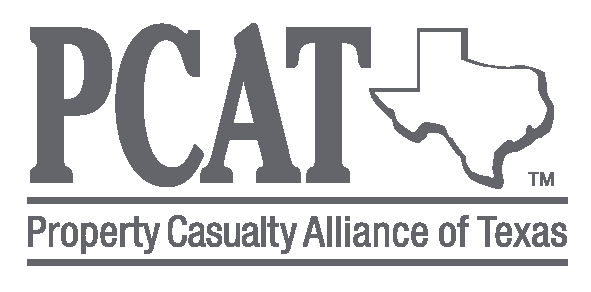Ask Emily: Can You Ban Employees From Talking About Wages?
The short answer is no, you cannot prohibit your employees from discussing their wages.
Employers may not like all topics workers are discussing but they cannot ban or restrict all employee speech. There are certain topics of discussion that may be protected by law.
Section 7 of the National Labor Relations Act (NLRA) protects employee rights to engage in protected, concerted activity - meaning employees have a protected right to discuss the terms and conditions of their employment among themselves. This includes but is not limited to, discussing wages, unsafe working conditions, illegal activity, or harassment and discrimination in the workplace.
This section of the NLRA applies to private employers, not just to workplaces where employees are required to have union membership. This means all employees are protected when engaging in the concerted activity of wage discussions, not just union employees.
There may also be state or other local laws that may further protect an employee's right to talk about their wages.
The key takeaway is, always consult with your local counsel about federal, state, and local laws related to employee discussions about their wages before instituting a ban.
You can read more articles like the one above by going to PCAT University. Click the link below to learn more:
About
Jack McCalmon, Leslie Zieren, and Emily Brodzinski are attorneys with more than 50 years combined experience assisting employers in lowering their risk, including answering questions, like the one above, through the McCalmon Group's Best Practices Help Line. The Best Practice Help Line is a service of The McCalmon Group, Inc. Your organization may have access to The Best Practice Help Line or a similar service from another provider at no cost to you or at a discount. For questions about The Best Practice Help Line or what similar services are available to you via this Platform, call 888.712.7667.
If you have a question that you would like Jack McCalmon, Leslie Zieren, or Emily Brodzinski to consider for this column, please submit it to ask@mccalmon.com. Please note that The McCalmon Group cannot guarantee that your question will be answered. Answers are based on generally accepted risk management best practices. They are not, and should not be considered, legal advice. If you need an answer immediately or desire legal advice, please call your local legal counsel.
